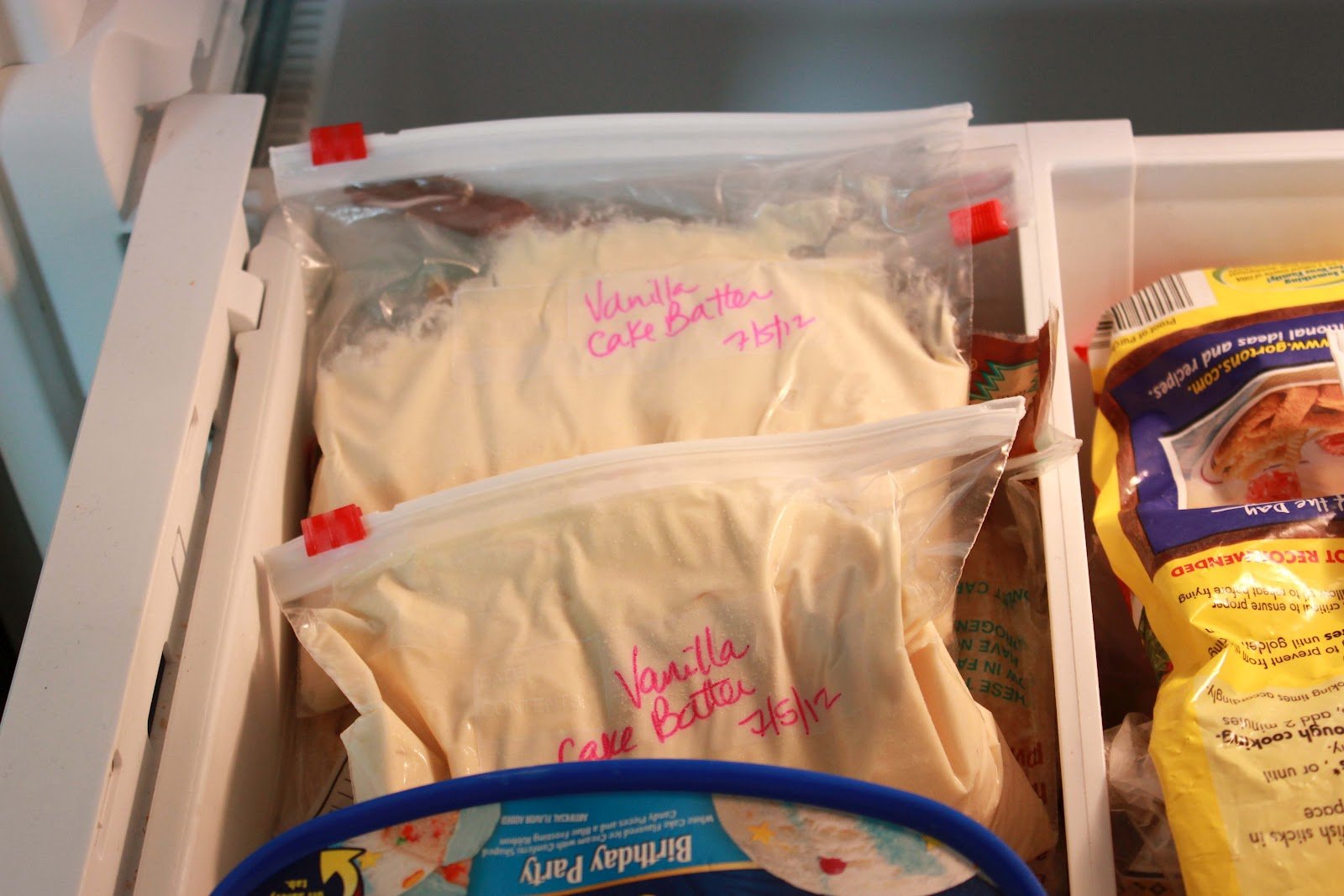People use olive oil for many purposes in the culinary realm. Olive oil can be drizzled on salads or mixed into salad dressings.
Olive oil is a liquid fat that is obtained from pressing olives. Olive oil is used primarily for cooking but can also moisturize, nourish, and even make soap.
Can you freeze olive oil if you have lots of it that you wish to keep?
Yes! You can freeze olive oil to keep it fresh for later just like freezing fresh olives. It doesn’t cause any harm to the olive oil and will return to its original consistency once it has been warmed up.
Olive oil is well frozen for up to 18 to 24 months. It will preserve the oil and retain its nutrients. The oil will remain fresh and protected by freezing.
Moreover, you can freeze olive oil to preserve its nutrients, flavor, and color.
While you can store olive oil for a long time, it will start to go bad much faster if it’s not stored correctly. It is possible to freeze olive oil to preserve it.

How to Freeze Olive Oil?
Oil manufacturers use winterizing when olive oil is used to refrigerate products. This helps prevent oil from freezing and congealing, which can cause clouding. This is how oil producers chill and filter oil to ensure it freezes in the refrigerated product.
After it has thawed at room temperature, unwinterized oil will return to its original condition.
Check out the steps below:
Step 1: Storage
You can store olive oil naturally, so no preparation is required. However, it is important to consider the storage medium used to store oil. It determines how long you can store the oil.
Olive oil should never be kept in plastic containers. Because the oil can absorb chemicals from the plastic, this is a bad idea. An ideal container for oil storage would be a glass one. You can also use non-reactive containers to store the olive oil.
Olive oil can be left unopened for up to 18-24 months. You should use it up quickly.
Step 2: Freezing Olive Oil into Cubes (Optional)
You can also freeze olive oil in cubes. This is a popular method for freezing herbs but can also be used to freeze oil. You can use an ice tray if your refrigerator or freezer does not have an ice cube maker.
Place the oil in the ice cube tray. Leave a little headspace as liquids expand when frozen. Place the trays in the freezer, and let the olive oil cool down.
The tray can be removed, and the cubes taken out of the tray can be stored in ziplock or freezer bags. Olive oil will not absorb any chemicals when frozen into cubes.
Step 3: Freezing
To store your glass bottles and packs of frozen olive oil cubes, place them in the freezer. For the frozen oil cubes, you need to remove as much air from the bags before sealing them.
Make sure to label your oil, so you don’t mix it up with another oil.

How to Thaw Frozen Olive Oil?
You can thaw the frozen olive oil the same way as it is left on the counter. You can freeze the oil into cubes to add directly to your food. However, this can make it more challenging to determine how much olive oil is in the recipe. You should choose the best method for you.
Use your frozen olive oils as a spread by thawing at a chilled temperature, not room temperature. Thawing at a chilled temperature is when the frozen olive oil is placed in the refrigerator and not left on the counter. It will gradually thaw enough to form a creamy texture you can spread onto food.
Is it necessary to refrigerate olive oil after opening?
Although it is not recommended to refrigerate olive oil after opening, it may prolong the product’s life. It is smart to purchase smaller olive oil containers and keep them in the fridge after opening.
The natural breakdown of fatty acid in extra virgin olive oils may be slowed down or prevented by refrigeration, such as the conversion from oleic acid into linoleic.
The ability to store olive oil in refrigerators can also reduce the risk of oxidation. This can lead to unpleasant changes in color and smell.
Why would anyone freeze olive oil?
Olive oil can be used in cooking and is an excellent fat to include in your diet. However, it can quickly go bad if not kept in a dark, cool place. You must use olive oil within six months after opening it. Otherwise, it can develop rancid flavors and oxidize to become liquid when it sits on the counter at room temperature.
There are many reasons to freeze olive oils, including financial and health advantages.
Financial:
You might freeze olive oil if you live in an area with high living costs or have trouble spending money on food. It’s possible to buy large quantities of olive oil at a fraction of the cost when it’s fresh. Then, you can freeze the rest, so it lasts longer. You won’t be tempted to buy expensive gourmet bottles.
Health:
You want to avoid olive oil becoming liquid by ensuring that the extra jars are not ruined. You can freeze olive oils to prevent leftovers from going bad and help you avoid buying more than you need in bulk quantities.
How can you tell if olive oil has gone bad?
There are many signs that olive oil has gone rancid. These are the most frequent indicators of olive oil spoilage:
Flavor: If your oil is deteriorating or isn’t tasting right, it will be obvious in the flavor. It could be that your olive oil doesn’t smell or taste like olives.
Appearance: Appearance is one of the most important indicators. It can also be linked to taste.
It could be that your olive oil is cloudy or showing signs of sediment.
Olive oil is subject to sedimentation. However, notice cloudiness or any other unusual discoloration. It might be time for you to throw the jar away.
Waxiness: Waxiness is another sign of rancidity. This can be observed by the oil’s surface appearing cloudy or filmy. Olive oil can turn darker if it has been exposed to oxygen. This will cause the oil to change from its original golden-green color to a more brownish or reddish hue.
Smell: It’s a sign that your olive oil is bad. The oil that smells like paint should be discarded.
Mold: Any moldy appearance on olive oil surfaces indicates contamination. Throw out the product immediately. Olive oil can be kept fresh by refrigerating it. The refrigerator also prevents condensation from building up inside the jar.

Frequently Asked Questions
What temperature does olive oil freeze at?
Like any other natural substance, olive oil can freeze below 50 degrees Fahrenheit.
Can I freeze my herbs in olive oil?
Yes, absolutely! Any fresh herbs, citrus zest, or garlic can be used and frozen with olive oil as cubes.
In what container can I safely freeze my olive oils?
A freezer-safe, rigid container or one made from non-reactive metal with a tight cover is the best and safest way to freeze olive oils.


We are baking experts and connoisseur of food with decades of cooking experience to cook and bake a variety of scrumptious food item to awaken the taste buds of people who eat our baked delights.
With our gumption, alacrity along with astute acumen to pick the authentic and best quality ingredients from across the world to make the scrumptious recipes which soothes the taste buds of eater has made him the name on which people can count on when it comes to cooking advice, world class meals and cuisines native to the different cities of world.
Our chefs unique ability improvise and make baked dishes with different raw produce and ingredients in less time which are delicious and relished by the guests has made kooky bakes leader in the arena of baking and serving mouth watering food.


